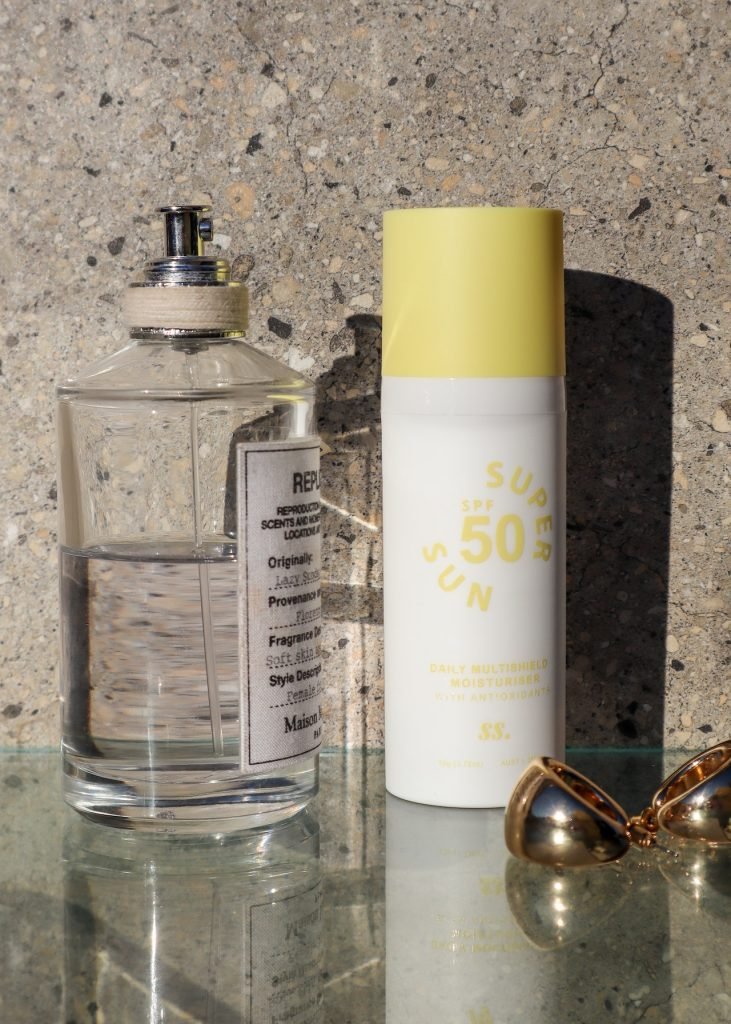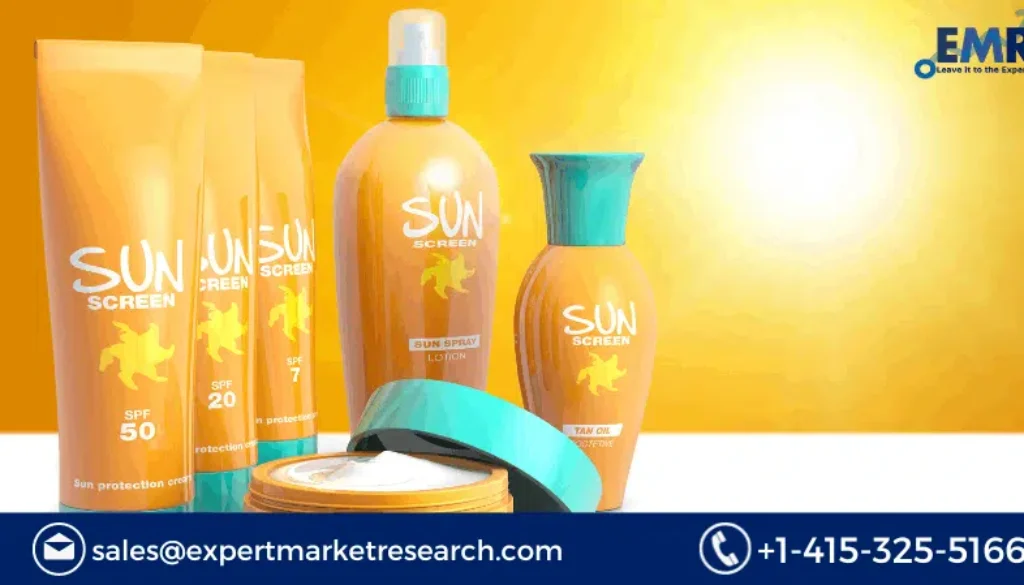Mineral Sunscreen Market Price, Trends, Growth, Size, Share, Report, Forecast 2024-2028
Market Size and Share:
The global mineral sunscreen market has been experiencing steady growth in recent years, driven by increasing awareness about the harmful effects of UV radiation on the skin and the growing demand for natural and eco-friendly skincare products. According to a Expert Market Research (EMR) report, the global mineral sunscreen market is projected to reach a value of USD 1.76 billion by 2028, growing at a CAGR of 5.1% during the forecast period of 2023-2028. This article will provide an overview of the market size, share, price trends, growth drivers, and industry forecast for the global mineral sunscreen market.
Based on the market segmentation by product type, the market is categorized into lotions, creams, sprays, and others. Among these, the lotion segment holds the largest market share, followed by creams and sprays. The lotion segment is expected to continue its dominance in the market during the forecast period due to its ease of application and better coverage.
Price Trends:
The price of mineral sunscreens varies depending on various factors such as brand, formulation, SPF level, and packaging. Generally, mineral sunscreens are relatively more expensive compared to chemical sunscreens due to the use of natural and eco-friendly ingredients in their formulations. However, with increasing demand and growing competition in the market, manufacturers are focusing on providing affordable options to cater to a wider consumer base.

Growth Drivers:
The global mineral sunscreen market is driven by several factors that are contributing to its growth. One of the primary growth drivers is the increasing awareness about the harmful effects of UV radiation on the skin. UV radiation from the sun can cause skin damage, premature aging, and increase the risk of skin cancer. As a result, consumers are becoming more conscious about protecting their skin from UV radiation, which has led to a growing demand for sunscreen products.
Furthermore, the rising concerns about the use of chemical ingredients in skincare products have also led to a shift towards natural and eco-friendly alternatives. Mineral sunscreens are made with natural ingredients such as zinc oxide and titanium dioxide, which provide a physical barrier on the skin to protect against UV radiation. These ingredients are considered safe and effective, making mineral sunscreens a preferred choice among health-conscious consumers.
Industry Forecast:
The global mineral sunscreen market is expected to continue its growth trajectory during the forecast period of 2023-2028. The market is anticipated to witness increasing demand from regions such as North America, Europe, and Asia-Pacific, where there is a high prevalence of skin cancer and growing awareness about sun protection. In addition, the rising demand for natural and eco-friendly skincare products, coupled with changing consumer preferences towards clean and sustainable beauty products, is expected to drive the growth of the global mineral sunscreen market.
sunscreens, which are typically cheaper in price, as well as stringent regulations and certifications required for mineral sunscreens. Despite these challenges, the market is expected to continue growing due to increasing consumer awareness and demand for safer and eco-friendly skincare options.
Another significant trend in the global mineral sunscreen market is the growing focus on research and development to introduce innovative formulations and improve the efficacy of mineral sunscreens. Many manufacturers are investing in advanced technologies to develop mineral sunscreens that offer higher SPF levels, better texture, and longer-lasting protection. These advancements are expected to drive consumer interest and boost the adoption of mineral sunscreens in the market.

FAQs:
Q: What are mineral sunscreens?
A: Mineral sunscreens are sunscreens that use natural mineral-based ingredients, such as titanium dioxide and zinc oxide, to provide protection against harmful UV rays from the sun.
Q: How do mineral sunscreens work?
A: Mineral sunscreens work by sitting on top of the skin and reflecting UV rays away from the skin, acting as a physical barrier to protect against sunburn and skin damage.
Q: Are mineral sunscreens safe for all skin types?
A: Yes, mineral sunscreens are generally considered safe for all skin types, including sensitive skin, as they are less likely to cause irritation or allergic reactions compared to chemical sunscreens.
Q: Are mineral sunscreens eco-friendly?
A: Yes, mineral sunscreens are considered more eco-friendly compared to chemical sunscreens as they are made from natural minerals and do not harm marine life or damage coral reefs.
Q: Do mineral sunscreens leave a white residue on the skin?
A: Mineral sunscreens may leave a slight white residue on the skin due to the nature of their physical barrier mechanism. However, many modern mineral sunscreens are formulated with micronized particles to reduce the white cast effect.
Q: Can mineral sunscreens be used on babies and children?
A: Yes, mineral sunscreens are generally considered safe for use on babies and children, as they are less likely to cause skin irritation and are suitable for sensitive skin.
Q: What is the difference between mineral sunscreens and chemical sunscreens?
A: The main difference between mineral sunscreens and chemical sunscreens is the active ingredients used. Mineral sunscreens use natural mineral-based ingredients, while chemical sunscreens contain synthetic chemicals that absorb UV rays and convert them into heat.
Q: Are mineral sunscreens water-resistant?
A: Yes, many mineral sunscreens are water-resistant, which means they provide protection even when exposed to water or sweat. However, it is essential to reapply them after swimming or excessive sweating for continued effectiveness.
Q: Can mineral sunscreens be used as a makeup base?
A: Yes, mineral sunscreens can be used as a makeup base as they provide a physical barrier on the skin and can help in protecting the skin from UV radiation while providing a smooth base for makeup application.
Q: Are mineral sunscreens more expensive than chemical sunscreens?
A: Yes, mineral sunscreens are generally more expensive than chemical sunscreens due to the higher cost of natural mineral-based ingredients and the manufacturing processes involved. However, the prices may vary depending on the brand, formulation, and packaging size.

Media Contact:
Company Name: Claight Corporation
Contact Person: Alex Steven, Business Consultant
Email: sales@expertmarketresearch.com
Toll Free Number: US +1-415-325-5166 | UK +44-702-402-5790
Address: 30 North Gould Street, Sheridan, WY 82801, USA
Also, check http://infomanics.com/



